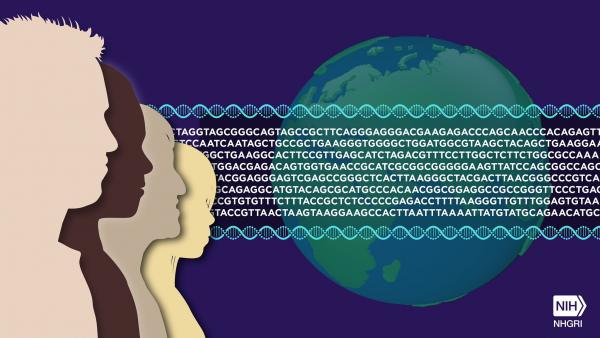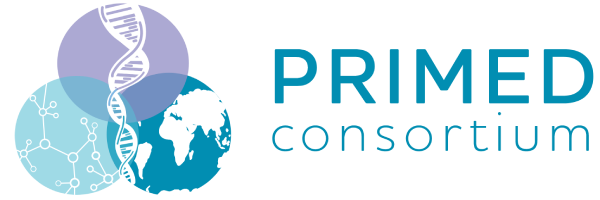The NIH-funded Polygenic Risk Methods in Diverse Populations (PRIMED) Consortium is developing and evaluating methods to improve the use of polygenic risk scores (PRS) to predict disease and health outcomes in diverse ancestry populations.
For Researchers
Learn more about PRIMED Consortium research and ways to get involved.
For Consortium Members
Visit your customized dashboard to view consortium information.

The NIH will fund grants totaling $38 million over five years to develop methods that will improve the way that polygenic risk scores can be used to predict disease in diverse communities.
Read more

The UW will serve as the Coordinating Center for NIH's new new Polygenic Risk Score Diversity Consortium. NIH will fund consortium work through grants totaling $38 million over five years.
Read more


